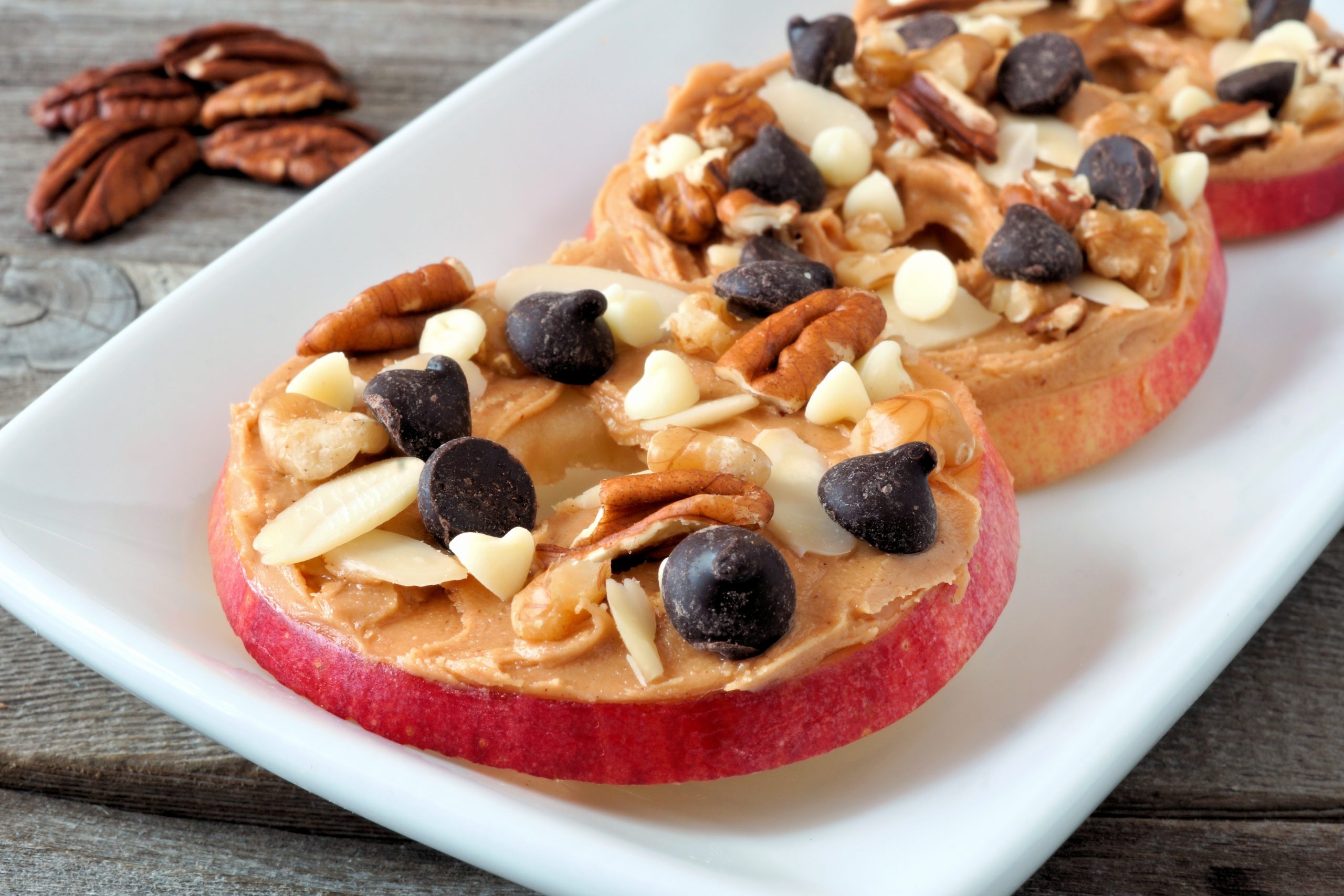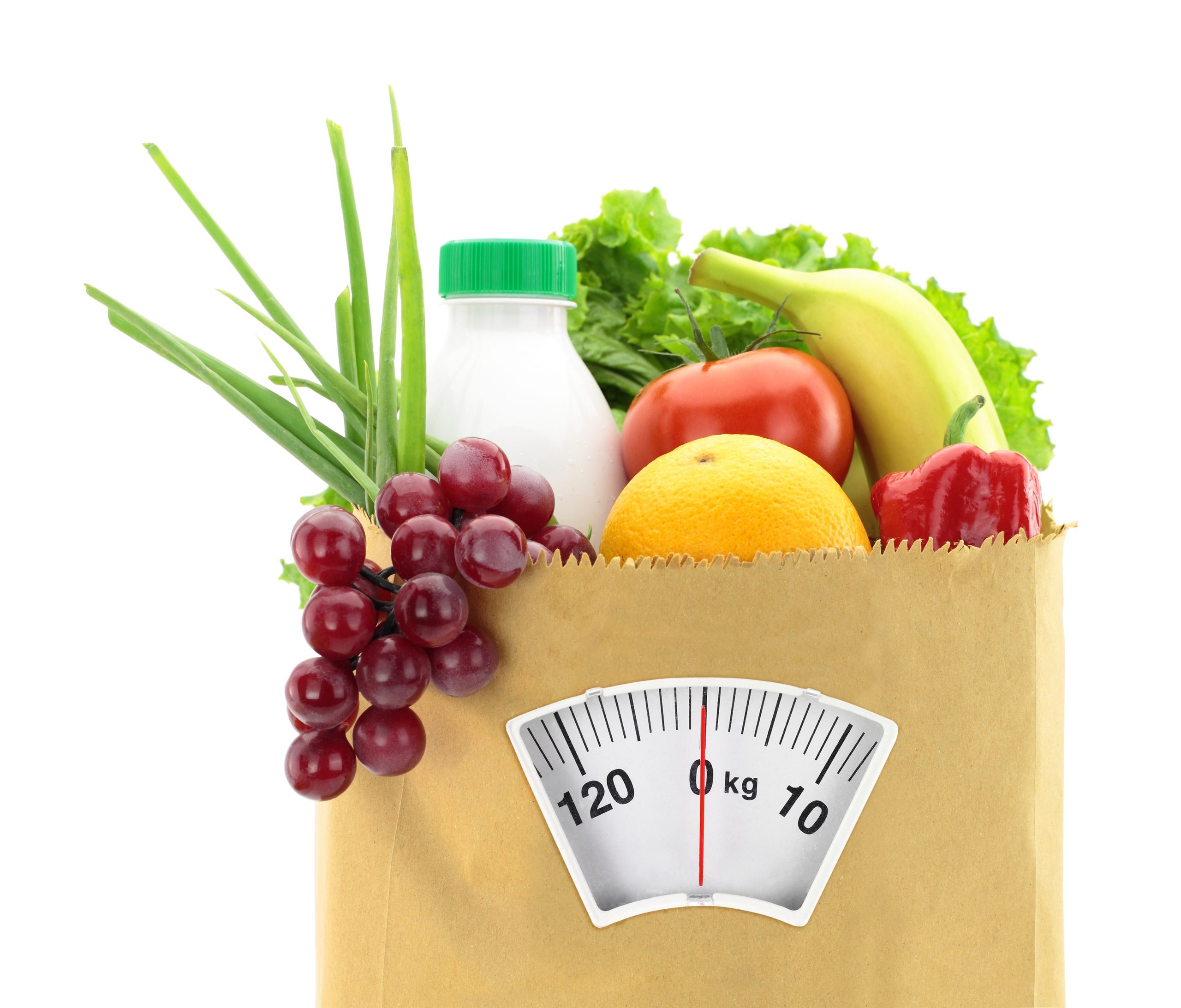Snacking can be a great way to keep your hunger at bay and prevent overeating during meals. However, choosing unhealthy snacks can sabotage your weight loss efforts. To maintain a healthy weight and still enjoy snacking, it’s important to choose healthy snacks that are low in calories and high in nutrients. In this article, we’ll explore some tips for healthy snacking for weight loss.
Plan Ahead
One of the keys to healthy snacking is planning ahead. If you know you’re going to be out and about during the day, pack some healthy snacks to take with you. This can help prevent you from reaching for unhealthy snacks when you’re hungry.
Some healthy snack options include:
Fresh fruit, such as apples, bananas, or berries
Raw vegetables, such as carrots, celery, or bell peppers
Nuts and seeds, such as almonds, walnuts, or sunflower seeds
Low-fat cheese or yogurt
Hard-boiled eggs
Choose Nutrient-Dense Snacks
When choosing snacks, it’s important to choose nutrient-dense snacks that are high in nutrients and low in calories. Some examples of nutrient-dense snacks include:
- Fresh fruit
- Raw vegetables
- Whole-grain crackers or rice cakes
- Hummus or guacamole
- Greek yogurt
- Cottage cheese
- Nuts and seeds
- These snacks are high in fiber, protein, and healthy fats, which can help keep you feeling full and satisfied.
Watch Your Portion Sizes
Even healthy snacks can contribute to weight gain if you eat too much of them. To prevent overeating, it’s important to watch your portion sizes. Here are some tips for portion control when snacking:
Use small plates or bowls to help control portion sizes
Measure out your snacks before you eat them
Don’t eat directly from the bag or container, as it can be easy to overeat
Keep Snacks Visible
If you keep healthy snacks visible, you’re more likely to eat them. Keep a bowl of fresh fruit on your kitchen counter, or keep a container of raw vegetables in the front of your refrigerator. This can help make healthy snacking a more convenient and accessible option.
Avoid Processed Snacks
Processed snacks, such as chips, crackers, and cookies, are often high in calories and low in nutrients. These snacks can sabotage your weight loss efforts and contribute to other health problems, such as high cholesterol and high blood pressure. Instead of processed snacks, choose whole foods that are high in nutrients and low in calories.
In conclusion, healthy snacking can be a great way to maintain a healthy weight and prevent overeating during meals. By planning ahead, choosing nutrient-dense snacks, watching your portion sizes, keeping snacks visible, and avoiding processed snacks, you can make healthy snacking a part of your weight loss journey. Remember, snacking can be a healthy and satisfying part of your diet when you make smart choices.





